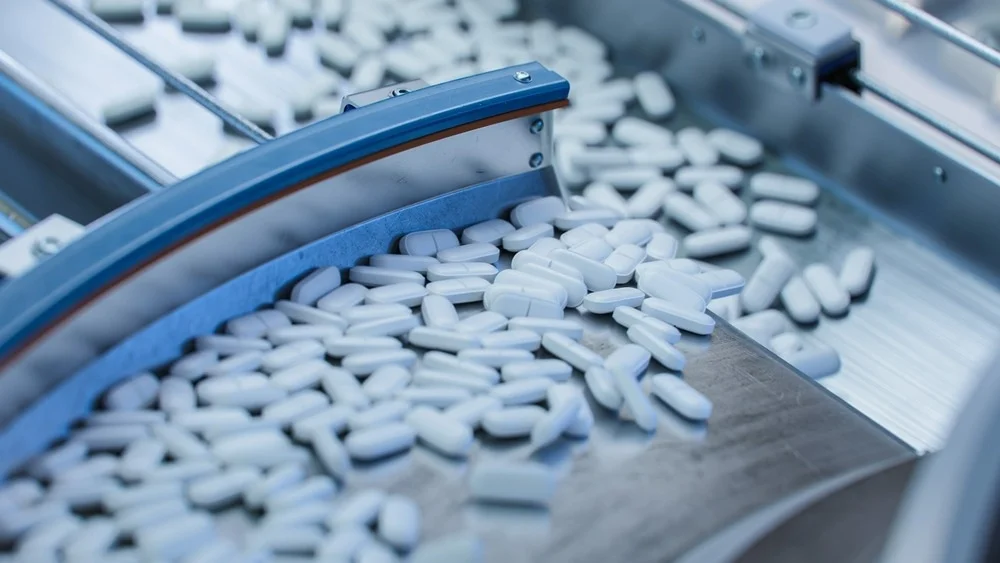
Islamabad: A parliamentary committee in Islamabad on Friday expressed concerns regarding the production quality of drugs in Pakistan, claiming that the final product mostly does not meet international standards of drugs and medicines, Dawn reported on Saturday.
These concerns regarding drug production were raised during the meeting of the Senate Standing Committee on National Health Services, Regulations and Coordination (SCNHSRC), chaired by PakistSenator Amir Waliuddin Chishti, at the Parliament House.
During the meeting, the officials reviewed the performance of the Drug Regulatory Authority of Pakistan (DRAP) over the past five years.
Pakistani senators Palwasha Mohammad Zai Khan, Syed Masroor Ahsan, Irfanul Haq Siddiqui, Mohammad Humayun Mohmand and Fawzia Arshad, along with Secretary Nadeem Mahbub, Special Secretary Nasiruddin Mashood Ahmed, DRAP CEO Asim Rauf, PMDC President Dr Rizwan Taj and other senior officials from relevant departments attended the meeting.
During this meeting, DRAP’s CEO Asim Rauf provided a review of the DRAP’s responsibility in the country, while emphasising its role in the licencing and manufacturing of drugs, and monitoring the import and export, as well as the quality regulation and assurance in Pakistan, Dawn reported.
The standing committee also expressed concerns regarding the quality of drugs produced in Pakistan, noting that they often did not meet international standards. The committee also questioned the presence of multinational pharmaceutical companies in Pakistan and rumours of their departure.
The committee chairman, Amir Waliuddin Chishti, raised the issue of formula milk regulation. Rauf said that formula milk companies had previously filed a lawsuit in the high court against Drap’s inclusion of formula milk in its regulatory scope. However, the court ruled in favour of Drap.
The senate body also spoke on new policy for the National Registration Examination (NRE) in Pakistan, according to Dawn report. Pakistan Medical and Dental Council (PMDC) President Rizwan Taj said that the passing criteria for foreign medical students had been reduced from 70 per cent to 60 per cent, leading to a rise in the NRE exam passing rate from 4 per cent to 40 per cent. (ANI)




